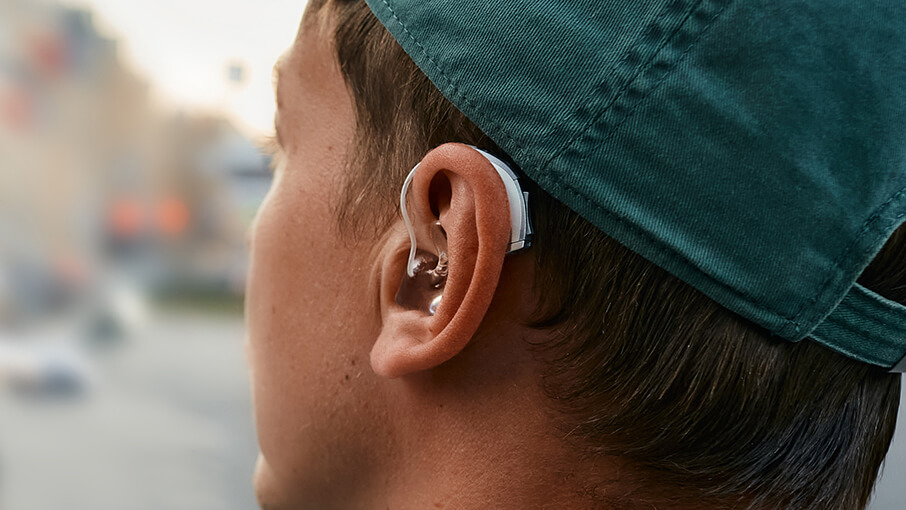Have you ever experienced a ringing noise in your ears or had a hard time hearing right after leaving a concert or noisy restaurant? If you have, then you have likely experienced tinnitus. This describes hearing a specific sound in one or both ears when there is actually no external noise in your environment. This phantom like sound is most often described as a ringing, buzzing, or clicking like noise that can range from being mild to more severe.
According to the Centers for Disease Control and Prevention (CDC), an estimated 50 million people experience tinnitus and 20 million people live with chronic tinnitus. Tinnitus can take a toll on everyday life by impacting sleep, communication, and ability to complete regulatory tasks. But there are effective ways it is managed, providing much needed relief.
When the auditory pathways or circuits in the brain do not receive the messages they anticipate from the cochlea, the mind, in fact, ‘turns the volume up’ on those pathways in an attempt to locate a signal. This is like turning up the volume on a car radio to hear music. The noise it results in is what is called tinnitus — a high-pitched sound if the hearing loss is high-frequency and low-pitched if it is low-frequency.

WHAT CAUSES TINNITUS?
Tinnitus can also be caused by autoimmune conditions, head injuries, temporomandibular joint disorder (TMJ), thyroid conditions, and specific types of medications.
HOW IS TINNITUS TREATED?
Other forms of ringing in ears treatment include identifying and reducing stress which exacerbates tinnitus as well as enhancing sleep.
Contact us to learn more about tinnitus and the resources available to help you manage tinnitus effectively in everyday life.
